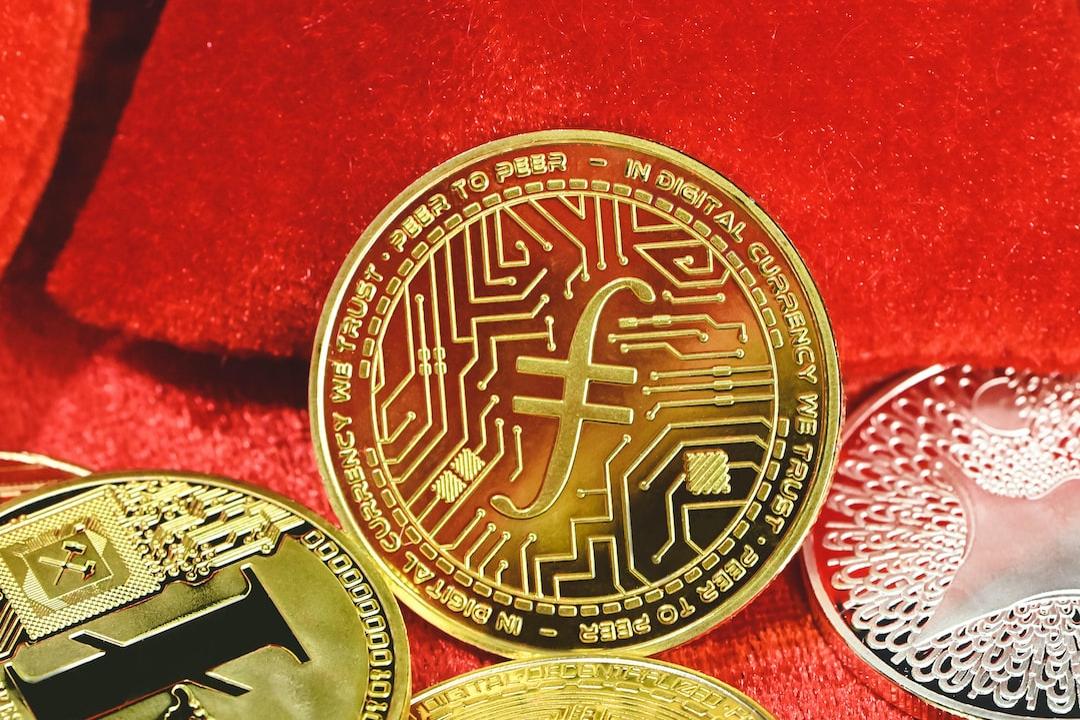An unusual but interesting move has come out of a Brazilian court
Amid legal proceedings involving crypto company BWA Brazil, the court has approved the use of non-fungible tokens (NFTs) as a means to serve a subpoena on an unidentified defendant. The company is accused of committing a massive fraud worth around $900 million, equivalent to 11,200 BTC.
This case has thousands of investors biting their fingers. Around 7,000 people are said to have fallen victim to the scheme run by BWA Brazil. However, since most of the parties involved can only be traced through their Bitcoin wallets, not their names or faces, the judge has finally approved a novel idea: to serve legal documents via NFTs sent directly to digital wallet addresses.
Reaching “Ghosts” in the Blockchain: A Judge’s Clever Move


The ruling comes from Judge Rafael Monteiro de Almeida in São Paulo. He allows victims’ lawyers to create custom NFTs containing legal information and send them to Bitcoin wallets associated with suspicious transactions.
This approach may sound strange, but imagine: if the person is unknown, has no home address, and is not active on social media—how can the law reach them? A crypto wallet is the only trace that can be used. And as the judge said, it’s better to send a letter to an address that exists than to wait for a door that will never open.
Brazil Says No to Biometric-for-Crypto Schemes
On the other hand, this news comes amid the various crypto dynamics that are developing in Brazil. On March 26, 2025, Brazil’s National Data Protection Authority (ANPD) affirmed the ban on the World ID project.
The project gained attention due to its promise of cryptocurrency incentives in return for biometric identification. The ANPD considered the practice risky and issued an ultimatum of a daily fine of BRL50,000, approximately $8,771.78, if the ban was violated.
Brazil Considers Bitcoin Its New Economic Insurance
On the other hand, the CNF reports that an advisor to Brazil’s Vice President sees Bitcoin as essential for long-term economic resilience. In fact, some legislators are pushing for 5% of Brazil’s foreign exchange reserves to be allocated to Bitcoin. Diversifying the nation’s financial strategy and keeping up with the times are the objectives.
This move reflects how digital currencies are no longer considered just “speculators’ toys.” In the eyes of top state officials, Bitcoin can now become a kind of digital gold, a hedge, and a long-term investment vehicle. If Brazil really takes this step, it could drastically change the direction of their fiscal policy.
Still not enough?
On February 20, 2025, asset manager Hashdex received the green light from the Brazilian Securities and Exchange Commission or Comissão de Valores Mobiliários (CVM) to launch the world’s first spot XRP ETF. The product is traded on the national stock exchange B3 and has immediately attracted global market attention.

